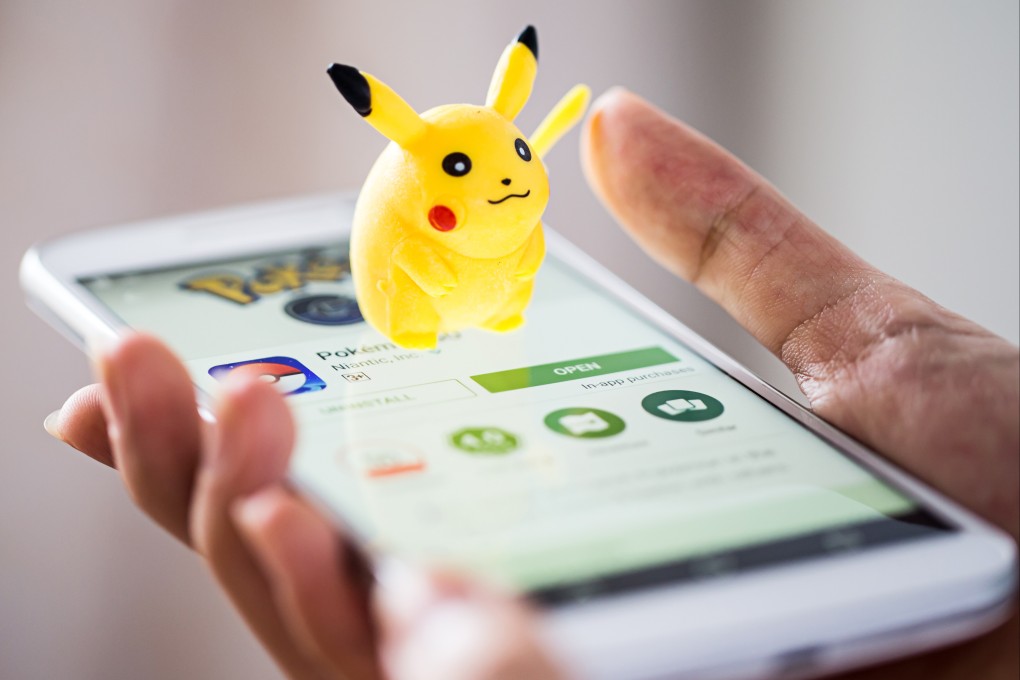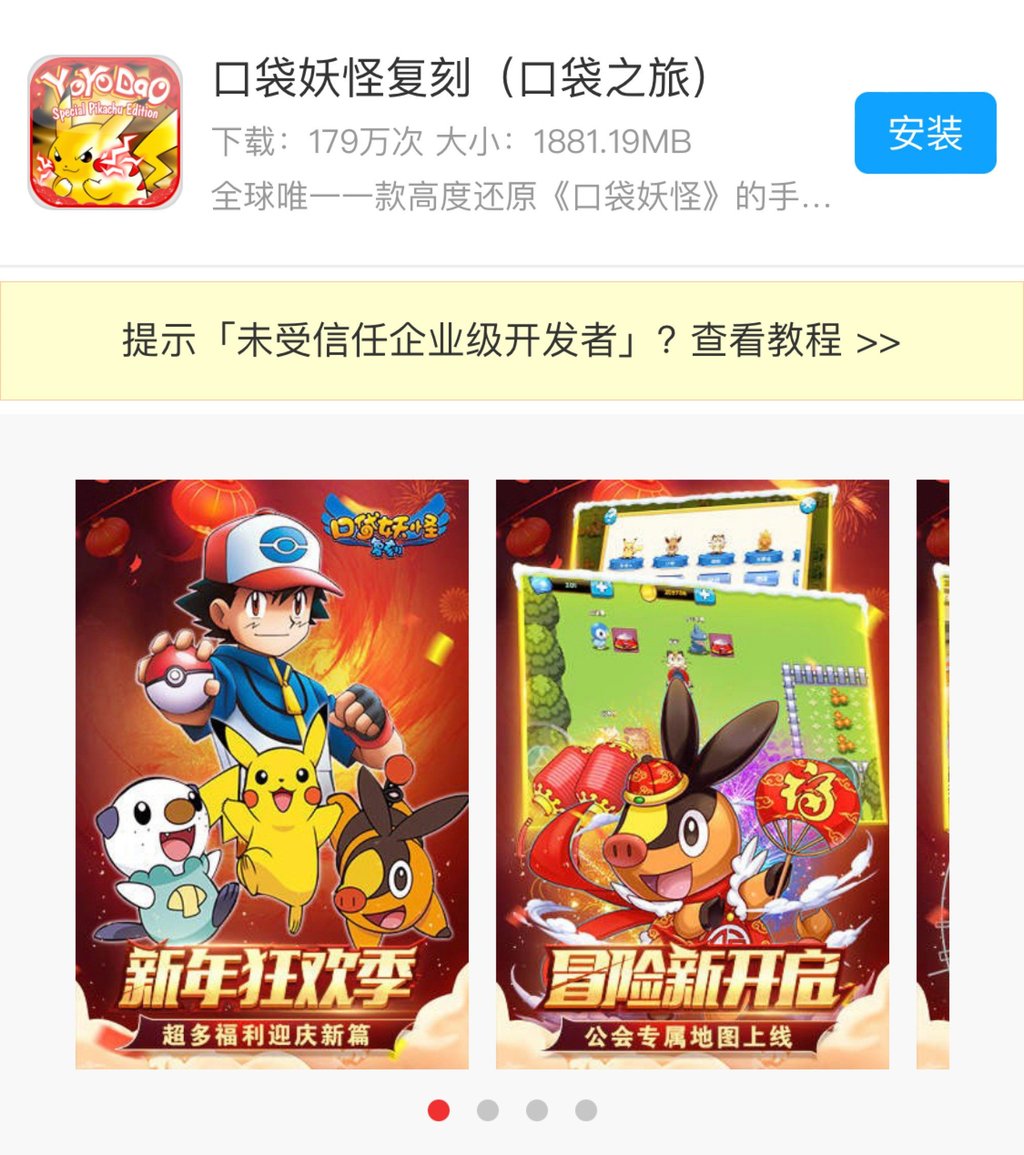The Pokémon Company sues Chinese mobile game operators for intellectual property violation
- The Japanese video game publisher is suing six Chinese companies over a mobile game called Pocket Monster Reissue, or Koudaiyaoguai Fuke
- The title’s perceived similarities with Pokémon video games have generated online discussions among players in mainland China

The six companies are said to have been operating the Chinese game without permission since 2015, according to a stock exchange filing on Thursday by Shenzhen-listed Jiangyin Zhongnan Heavy Industries Co, one of the defendants.
The Pokémon Company, which licences the Pokémon franchise worldwide, has applied to the Shenzhen Intermediate People’s Court for an order to stop the development, distribution, operation and promotion of the game, according to the filing.
The Tokyo-based firm is also claiming damages of 500 million yuan (US$72.5 million) and demanding that the accused companies issue apologies on popular Chinese websites and social media platforms, including Sina.com, Tencent.com and NetEase.com, as well as on major mobile app stores.

Zhongnan Heavy Industries, which has a market cap of 6.1 billion yuan, said in its filing that the case has yet to be heard in court, so it was “impossible to judge the impact on the current or future profits of the company”.
The game in question, known as Pocket Monster Reissue, or Koudaiyaoguai Fuke in Chinese, is currently available for download on Apple’s App Store and a number of Android apps stores in mainland China, including those run by Tencent Holdings, Huawei Technologies Co and Xiaomi.